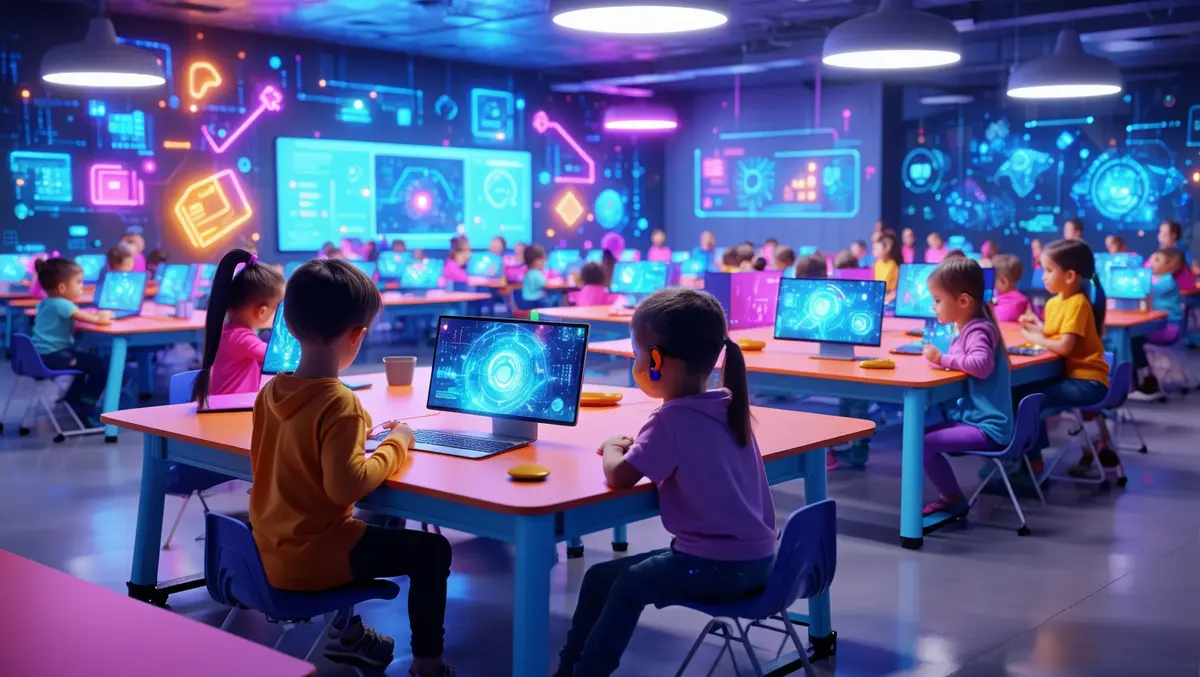
AI & gamified learning to transform education by 2025
Gaspard Maldonado, Head of SEO at the online tutoring platform Superprof, has outlined various education trends set to shape 2025, focusing on advancements such as AI-powered learning, gamification, and microlearning.
AI-powered personalised learning is expected to be a key trend, with emerging AI models aiding teachers in administrative tasks like content creation, grading, and providing student feedback. Maldonado suggests that this will not only reduce time spent on such tasks but also allow for increased interaction between teachers and students. Furthermore, adaptive AI systems are set to include emotional analysis capabilities to assess student engagement and stress levels, enabling the educational material to be presented in a personalised and emotionally intelligent manner.
Gamification in learning is anticipated to gain further traction, with immersive and story-driven educational games allowing students to experience historical events, scientific experiments, and literary works firsthand. Additionally, gamified assessments will employ AI to tailor challenge levels dynamically, enhancing engagement and providing more precise performance evaluations. There is ongoing research into how gamified learning can develop critical soft skills, such as collaboration and problem-solving, which are progressively demanded in the workplace.
Microlearning and modular education are seen as pivotal in 2025, with a 2024 survey by Coursera indicating that 94% of higher education leaders believe micro-credentials can improve students' long-term career outcomes. This educational approach is expected to empower learners to reskill or upskill, accommodating the rapidly evolving job markets. Learners can complete modules flexibly at their own pace, earning micro-credentials and badges for their achievements.
Immersive learning through AR/VR is forecasted to become more prevalent as a standard in training, particularly in sectors such as medicine, engineering, and history. This is supported by a recent PwC study which found that VR learners complete training four times faster than traditional classroom learners and gain a 275% boost in confidence. The study also predicts that VR training will contribute USD $294 billion to the global economy by 2030.
Lifelong learning and skills development are highlighted by Maldonado, referencing a World Economic Forum finding that over one billion employees will need reskilling by 2030. With 50% of employees needing upskilling by 2025, there is an anticipated rise in partnerships between organisations and online platforms to offer ongoing training as an employee benefit. AI's role in lifelong learning is also expected to provide personalised development paths, identifying and addressing skill gaps in line with industry needs.
The continuation of hybrid and remote learning models, initially catalysed by the Covid-19 pandemic, is predicted. Educational institutions are expected to expand hybrid and remote learning offerings, utilising AI to monitor student engagement and detect real-time learning difficulties. The "flipped classroom" model, where students learn new content digitally and apply that knowledge in person, is also being tested. This approach aims to accommodate non-traditional students, including adult learners, individuals with disabilities, and those in rural or underserved communities, by making educational resources more accessible digitally.


